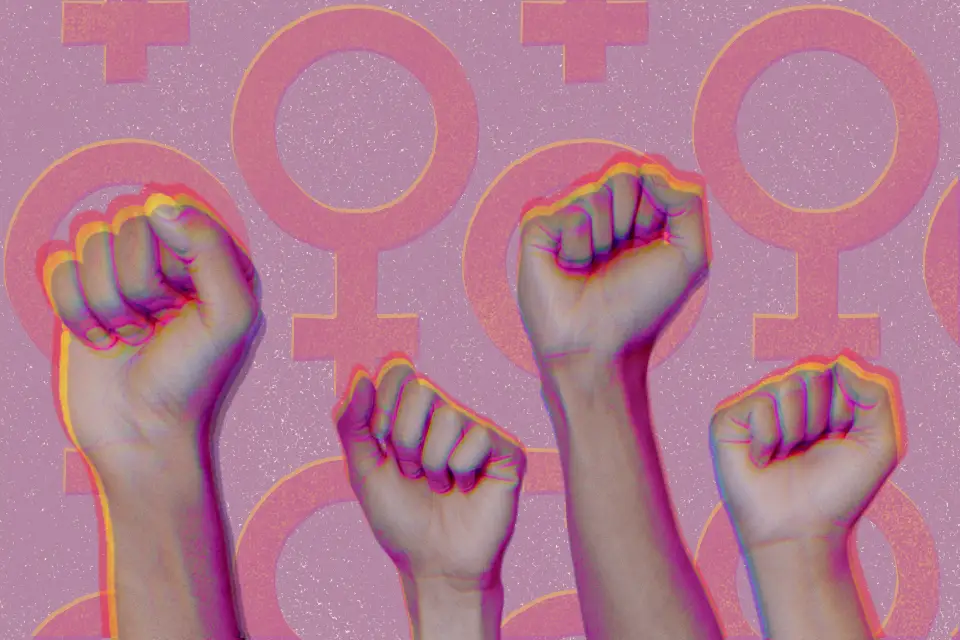By Mariana Vaca, Lake Forest College, Illinois
Subheadline: KP: 4B Movement
South Korea’s 4B movement stands as a strike against men and the patriarchal system but is predominantly visible on social media comments.
To assert that women are tired would be an understatement. The global #MeToo phenomenon has prompted individuals like celebrities and everyday women to share their sexual assault experiences, which has stimulated a further discussion on gender inequality. Many women take to online forums, where they also share their stories of undergoing discrimination and violence due to sexism and misogyny.
Individuals who identify with the female experience can testify to the violence they endure from their male partners. The rage for these incidents has evolved into a more significant 4B movement where rather than just sharing stories, women are taking the initiative to avoid these narratives from occurring.
The 4B movement attempts to eradicate emotional, psychological, sexual, and physical labor for men and prioritize oneself. Centralized in South Korea, the 4B movement intensified around 2016-2017 after Cho Nam-Joo’s novel “Kim Jiyoung, Born 1982” was released and the “Escape The Corset” movement against beauty standards spread. The protest took a physical form through pop culture, and women began to join in solidarity with the idea of having a life absent of men.
The 4B represents the four “no’s” to heterosexual principles: no dating men, no marrying men, no childbirth, and no sexual relations with men. Although referred to as a #NoMarriage trend, South Korean women have been protesting on the streets for as long as 33 hours and are establishing their movement (not trend) as a profound collective effort.
The outcome of the movement’s belief is eminent as South Korea has upheld the lowest childbirth rate as of 2023. South Korean officials are concerned about the nation’s future, but women are worried about their safety and sovereignty. This movement has spread primarily due to concerns about the gender pay gap, gender-based and domestic violence, and workplace discrimination. The world is becoming scarce and no longer in need of children; instead it is becoming a place where everyone is attempting to save themselves.
Recently, Western and American women on social media like TikTok have declared being part of this strike, especially in videos where women lament giving their bodies, minds, children, and lives to men.
Popular influencer and TikTok user Drew Afualo, who is known to defend women and clap back against men who degrade and discriminate against individuals for their bodies or beliefs, posted a video regarding the movement. She noted, “The 4B movement is honestly proof, if we’re operating just within the gender binary, that women have far more power than men have ever led you to believe.”
@drewafualo yall heard me!!!! 🫵🏽 LMFAOOOOO
Where could the 4B movement especially take place? If an uproar occurs in the United States, it would likely take place in states that have the highest gender pay gap (Utah, Louisiana, and Alabama), the most gendered or domestic violence (Oklahoma), and the highest sexual assault or rape cases (Texas, California, and Florida). Only younger Gen Z individuals will likely hear about and participate in this movement. The 4B movement isn’t a modern concept but rather an attempt to avoid retelling the stories of our grandmothers and mothers that communities realize they share.
The 4B movement simmers in the background and lives inside social media screens. If there is anything Greek classics like “Lysistrata” have taught, it’s that women’s bodies are indispensable, and men’s responses to this actualization are incredibly fascinating. How else can we dismantle the patriarchal systems that have the world in a chokehold? How real can the 4B movement become?

















